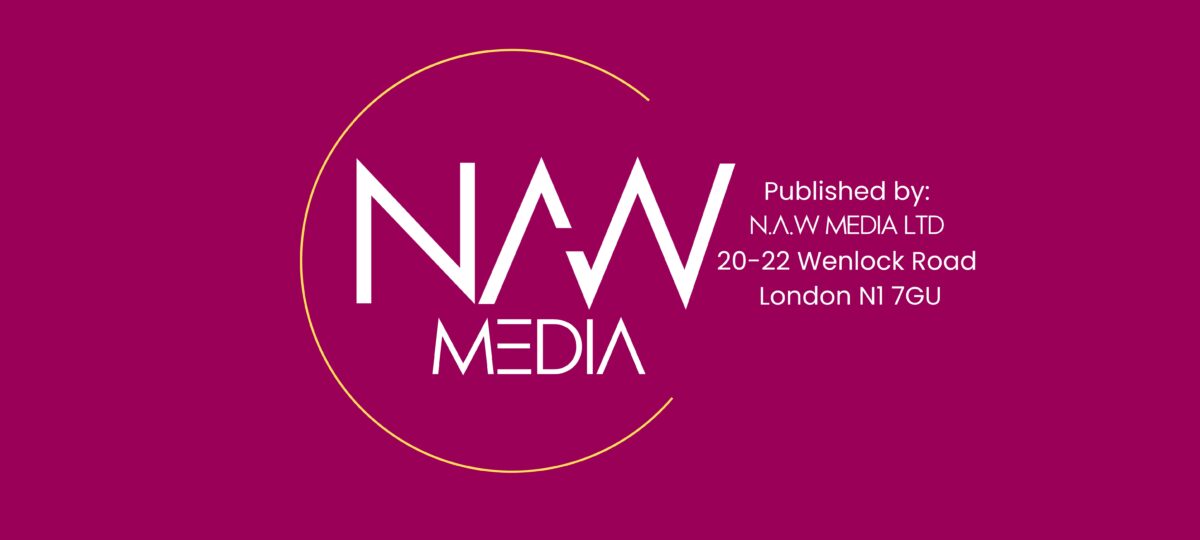Are African education systems adapting to the aspirations of youth?

According to a new and telling study, 95% of youth in Africa think their generation has a responsibility to better the world, but they don’t feel prepared enough for it.
On International Day of Education, which fell on 24 January, the World Innovation Summit on Education, (WISE) released an extensive study on the views of young people. Conducted by Ipsos, the survey was undertaken in 20 countries across the globe, in order to understand how youth perceive their education and how prepared and confident they feel in their future.
In Africa, youth were surveyed in Nigeria and South Africa. The survey found that 95% of young people in Africa believe their generation has a responsibility to better the planet (vs. 87% globally). But are the education systems actually adapting to the aspirations of youth?
Only less than half of those surveyed in Africa saying they feel ready to take action to better the world (48% in Nigeria, 42% in South Africa), and even less stating they feel ready to understand big societal issues (40% in Nigeria, 42% in South Africa) and to take action in finding solutions to these issues (only 36% in Nigeria and 38% in South Africa).
“Young people are aware of the challenges that our world is facing and acknowledge that they have a responsibility as adults to address these challenges. At the same time, they are pragmatic both about their level of preparedness—they don’t feel quite ready yet—and also about the need to be active participants in the economy. It’s now up to policymakers to create the conditions for young people to both prosper and develop the solutions that will move our world forward” stated Stavros N. Yiannouka, CEO, WISE.
Providing young people with the right tools and mindsets to address societal challenges seems increasingly necessary as a way to help them address their concerns, as 89% of those surveyed in Nigeria and 94% in South Africa express fears about the state of our planet.
The WISE survey reveals that African youth are primarily worried about “poverty and social inequality”, followed by “access to employment” and “access to healthcare”. However, only a minority of youth there are already actively engaged around these issues (25%, 26% and 25% in Nigeria and 25%, 16% and 17% in South Africa respectively). Nevertheless, Nigeria and South Africa ranked #2 and #3 among all countries in terms of young people’s willingness to take action. In Nigeria, youth claimed to be willing to take 9.3 of the 12 total actions listed around issues they care about; in South Africa the number was 8.8 (versus a 7.7 global average).
The three most important reasons for attending school according to youth in Africa are to: #1 be ready for the future (76% Nigeria, 72% South Africa); #2 expand their knowledge (86% Nigeria, 75% South Africa); #3 learn how to be responsible for their work and themselves (76% Nigeria, 70% South Africa). Interestingly, the least important reason for youth in Africa were to be able to find a job and make money (61% Nigeria, 63% South Africa).
Today, young people don’t necessarily expect schools to make them more active and well-rounded citizens, but rather to be ready to face the future on a personal level. The latter is borne out by the results, with more than half of those surveyed in Africa claiming to be sufficiently prepared for the following: finding a career they love (60% Nigeria, 50% South Africa); taking care of themselves (57% Nigeria, 58% South Africa); and managing priorities (54% Nigeria, 50% South Africa).
The survey also reveals that youth in Africa really value their education with nearly 95% agreeing that education is more than learning for a career and is valuable in and of itself. Moreover, for 82% of Nigerian youth and 86% of South African youth, learning outside of school is just as important as learning in school.
Interestingly, the survey reveals a divide in the share of African youth’s satisfaction with their education: 66% is Nigeria are satisfied, whereas 82% of those surveyed in South Africa are satisfied (compared to 80% globally). When probing further, we discover two major improvement areas that young people in Africa want to see in their education.
First, a more individualized approach, with young people saying they would like their teachers to give them more personal advice on ways to learn and study adapted to their needs (83% Nigeria, 76% South Africa) and on their career path/orientation (79% Nigeria, 75% South Africa). In addition, they want more space for 21st century skills, with 56% and 52% of youth in Nigeria and South Africa respectively claiming that their schooling gives too little space for new technologies (artificial intelligence, coding, etc.).
When asked about the role of teachers, only 58% of Nigerian youth surveyed and think their teachers are providing them with useful skills and knowledge (68% in South Africa, 66% globally). They think teachers should: 1) give more personal advice on their career paths/orientation (79%), 2) give personal advice on how to learn and study (83%) and 3) ask students to give their point of view more often (79%).
According to Blessing Akpan, young Nigerian social entrepreneur and member of the WISE Learners’ Voice program: “A teacher should be multifaceted; a counselor, surrogate parent, psychologist and all that a child needs to pass through school successfully.”
In order for young people to be ready to face their future and the global challenges ahead, it is clear that wide-scale improvements to education systems across the board are needed. From providing them with the tools to understand and confront societal issues, to responding to their specific learning skills, the WISE survey gives us some indication as to what young people think is needed.









